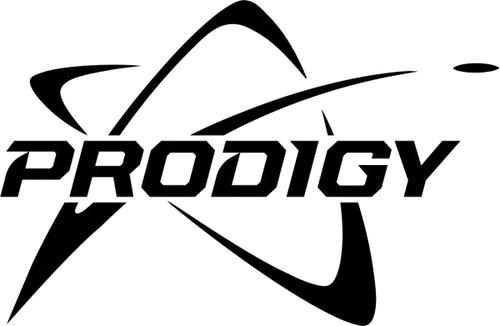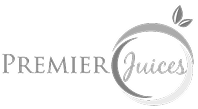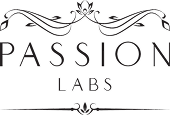Stay stocked with MRP software
















Get complete control over every order and material movement with live data that keeps operations coordinated and on schedule.
Including:
Track every part, pallet, and product with instant insight into quantity, value, and location. Digit gives you real-time inventory visibility and control from receiving to shipment.
Including:
Have jobs that stay on track and smooth production runs. Digit assists you with live data that helps you prioritize work and stay on schedule.
Including:
Simplify complex production with accurate, multi-level bill of materials, and routings. Use Digit to build and track products with manufacturing workflows updating in real time.
Including:
Take control of every purchase. Digit centralizes your procurement data, tracks orders in real time, and keeps your team aligned from request to receiving your shipment.
Including:
Keep production moving with Digit. Forecasting & planning helps you anticipate what's required to avoid overspending or stockouts.
Including: